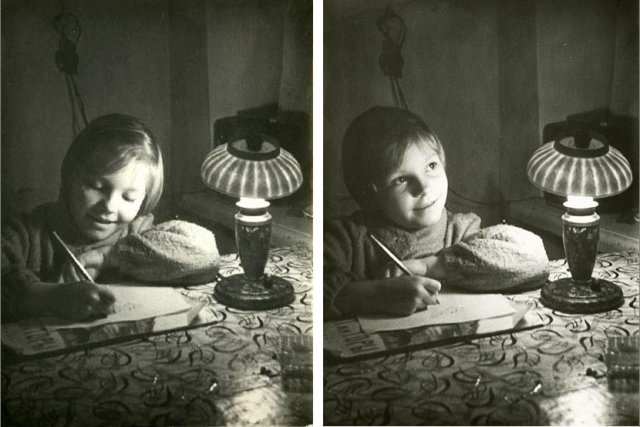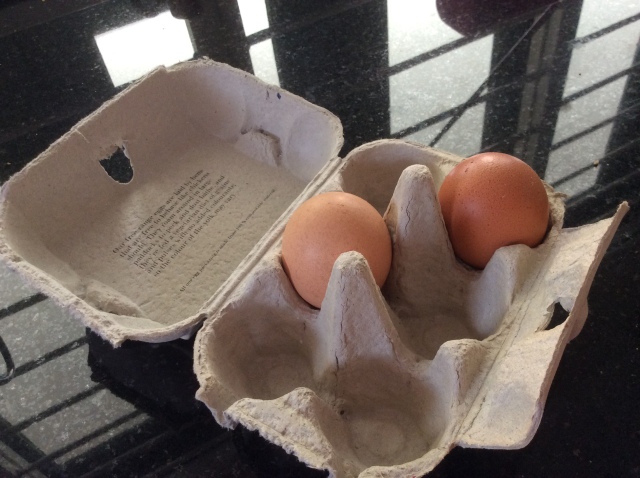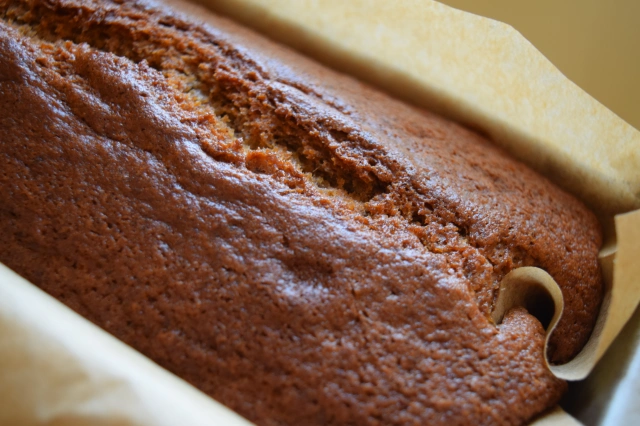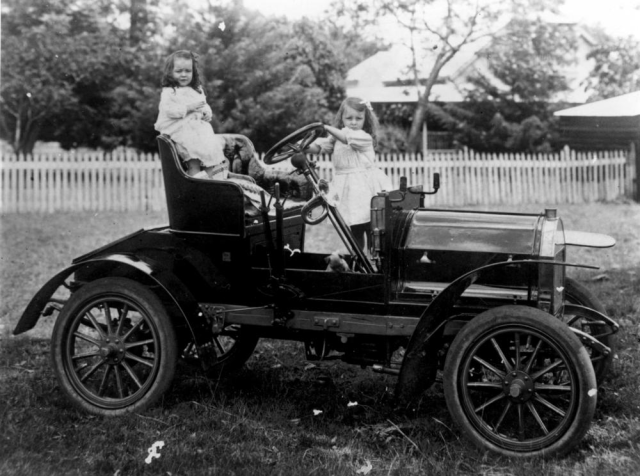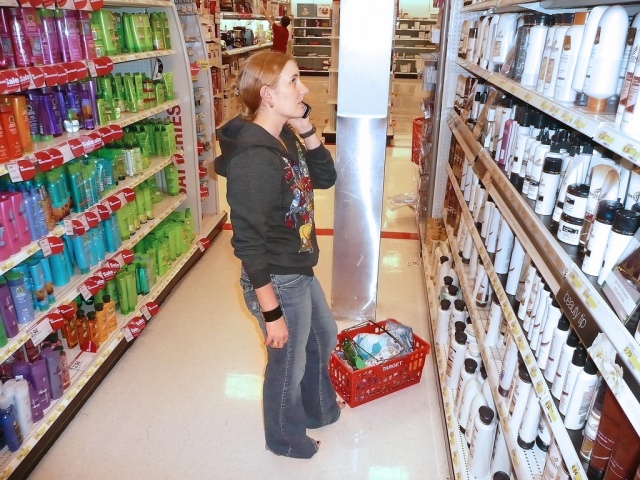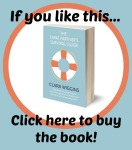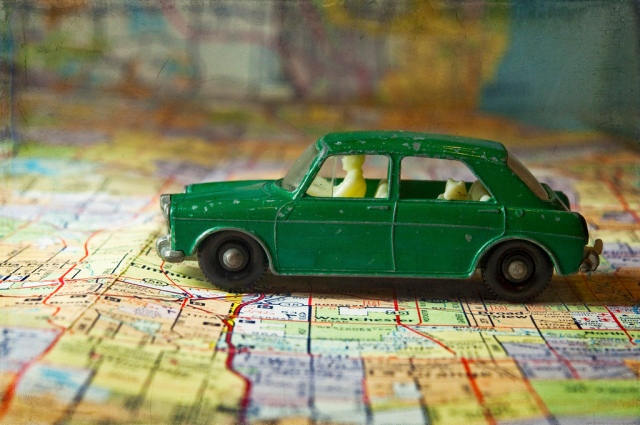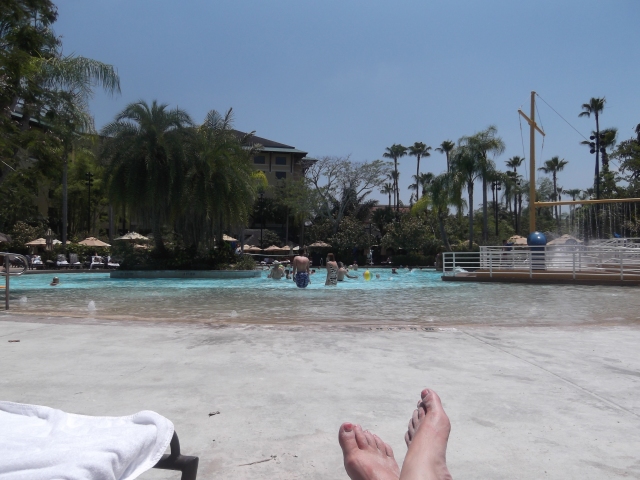I can honestly admit I would LOVE to write another book and a Repat Partner’s Survival Guide would absolutely be something I would do. Except for one thing that a lot of people don’t realise.
When you self-publish a book you are lucky to make back the money you pay to produce it. And that’s without the thousands of hours that you really should be paying yourself for the work that’s gone into writing it. Nope there really is very rarely any money to be made in publishing.
A few years ago, before I finished writing my book, I went on a marketing course for self-published authors. It was just one day long and there were about 12 of us in the room, some already published (at least one fairly successfully, if I recall). The rest of us were newbies – still totally unaware of what going-it-alone really meant.
Well while there were no great suprises, one thing that stuck in my head was this: less than 1% of self-published books sell more than 1,000 copies. That’t not very many. And more than two years after I published my book I am not there yet (although creeping closer).
When I decided to publish my book myself, having had quite a few knock-backs from so-called traditional publishers (the book was too niche…nice idea but it wouldn’t be commercially viable etc), the one thing I knew was that I wanted to be proud of the product I put out into the world. And that didn’t just mean the content – while that was my primary concern at the start, I eventually read enough to realise that was the easy bit. I needed it to be written well, edited well, proof-read well and then I needed a great front cover, good formatting, some reviews, some recommendations…the list goes on.
And much of this costs money (I have never and will never pay for reviews, but I did send a few out free of charge for people to review for me). Money that takes a long time and a lot of work to make back.
Every time I sell a book I get around £1 back (ironically I get more back from the sale of a digital copy than a hard copy). I could put the price up and get more back but I have always wanted this to be an accessible product. Thus I have to sell a lot of copies to make back the money I paid to publish it.
So this is where things got hard. The writing of the book and its production were in the end the (relatively) easy part. What I have been doing over the last two years is marketing it.
The first thing I had to think about was who were my audience and how could I reach them? One problem I have had was that most people who needed this book most wouldn’t know they needed it until it was too late. I really wanted to reach expats BEFORE their move rather than months later when they wondered what on earth had just happened to them. I could tell how hard this would be when my reviews often started with “why didn’t I know about this book when I most needed it?”.
So I did my best – including starting this blog and writing unpaid for other blogs and websites. What I needed was to make people aware that the book existed and where they could buy it so I always made sure to include links to my blogsite. I did enjoy what I was doing, don’t get me wrong – it is a privilege to be able to write about something you love in exactly the way you want to write it. And I also realised how lucky I was that I was able to do it this way – that I wasn’t worried about paying bills and putting food on the table because my husband had a decent job. I also had the time to do it thanks to our overseas move and a wonderfully flexible remote part-time job.
So I wrote and hustled and sweated and wrote some more and I tried to get the word out there and I counted every sale as a success. Slowly the sales figures went up. Very slowly sometimes.
And then one day something changed. I somehow got a commission to write an article (on expat depression, for the Wall Street Journal) and they paid me! Now I realise how naive this sounds – why wouldn’t they pay me? – but you have to remember that not only had I been writing for free simply to let people know my book existed for quite a long time, but I had also had my confidence in my own abilities totally knocked since I stopped permanent work in 2006.
You see although even I forget it sometimes, I have not got to where I am through luck. I am a trained journalist who spent years learning how to write. On top of that, I have a lot of life experience – things that went into my book and now go into my articles. But I gave up my job as a diplomat following the birth of my eldest daughter and since then have only ever worked in low-paid, part-time jobs.
After a while you stop believing you are worth anything more. You doubt your abilities and you don’t for a second think you are good enough to earn a decent salary. It is an age-old story of mothers everywhere and I am not going to labour the point here. But it did mean that when someone wanted to pay me for my writing I was overjoyed. (I should add that the editor who helped me get this first assignment was a woman; all through this process I have been helped by other women and I now do my best to pass this on and help other female writers get to where they deserve to be).
Anyway things took off from here. Not in some huge, overwhelming way but in slow, small steps – I started finding out more and more about paying markets where I could sell my writing, I made friends with other writers and exchanged ideas, I joined some wonderful Facebook groups for writers. And slowly I started getting commissions.
It is still early days but even getting the few paid jobs that I have (including with the Washington Post and the UK’s Independent, as well as the Wall Street Jounal) has boosted my confidence. And in the end it has meant that writing the book and starting the blog was worthwhile – not just because of all the people I have (hopefully) helped with the advice because of where it took me.
So here I am. I doubt writing will ever make me rich and I still have that wonderful part-time job that brings in a small income. But I have finally reached a stage where I can start to believe in myself again, believe that I am worth something, that I do have something to give.
I will still write my blog because I think it is important, and one day maybe I will write that Repat book. But right now I am just loving the fact that people want to pay me for doing what I love most in the world – write.
And I have a final message for all of you out there who feel like I did, that they are worthless and that they will never get back into a role where they feel valued again (either paid or unpaid): don’t give up. It can happen. You are worth it. if I can do it, so can you.
Good luck!
I would love to hear your stories – has anyone else self-published a book? Or got back into the workplace or found a new role after a period of absence?
Photo credit: Appalachian dreamer
First of all there was the post about Quirky South Africa that was widely shared and widely commented on. I only put nine things with the hope that someone would suggest a number ten. I got so many ideas (plus I have a few more or my own) that I am currently lining up Some of the Quirky Things I Love about South Africa Part Two. Watch this space!
Then I was honoured to be interviewed about family holidays for the fabulous expat podcast Two Fat Expats, by expat extraordinaire Kirsty Rice. I have read Kirsty’s blog for years (as have literally squillions of other expats) so it was great fun finally getting to talk to her over Skype. As many know, Kirsty has recently been diagnosed with breast cancer. But I think most will agree that she is meeting this challenge with huge dignity and using it as a way to share her experience with others in exactly the same way she has used her expat experience to help others in a similar situation.
I have also featured not once but TWICE in the Wall Street Journal expat’s section – once talking about trying not to put my foot in it when we lived in Cameroon, and then a week or so later discussing expat nostalgia. In the latter, the article linked to my post on Jamaican banana bread that I mentioned in the interview – and I now have visions of WSJ readers all over the world enjoying a slice of this delcious bread with their morning coffee!
I also recieved a lovely review of the Expat Partner’s Survival Guide on one of my favourite blogs, Joburg expat – which I started reading when we first heard we were moving to South Africa and has been a great source of info for me over the months.
I have been writing for the Expat Focus website for a while now (must be coming up for a year as the first post I wrote was about the daunting task of moving to a new country) and my latest column Making the Most of Expat Life – or Spoiling my Future was out at the end of October. I also wrote the last post for a trailing spouse “blog crawl” I have been participating in, a post that turned into a bit of a mega essay tracing my journey here to Pretoria through the various posts I had written for the crawl and titled Making a New Home Abroad – My Journey Back to Trailing-Spouse Land.
Another of my posts went semi-viral (by that I mean it went MEGA viral by my standards but probably not so much by the standards of those posts you read on Buzz-Feed and Huffington Post; it did get shared and read quite a lot though and thus I conclude it hit some sort of nerve with people) – What Do You Wish You Had Known Before Becoming an Expat.
And finally I started a new series, one I am really excited about as I think it is a topic that needs more acknowledgement – the male trailing spouse series. My first post in this series featured Eric in Nairobi, who contacted me after reading my book. Again, the post was widely shared and viewed and I sincerely hope it has helped others in the same situation as Eric. I am on the lookout for more men expat partners willing to be featured to please let me know if you are one or know one!
So that’s it for now – a quick round-up of a busy few weeks. I need to get my head down and start work on another important project which is some posts I want to write about expats and depression. In the meantime please let me know if you have any questions about being an expat partner or if there are any subjects you would like to see covered – either in the comments below or by emailing me [email protected].
In other words, it’s a whole lot of things, all rolled up into one big fat ball of emotions. Out of which you tumble at some point – maybe a week after you arrive, maybe a month. Hopefully relatively unscathed – although, from previous experience, you are unlikely to be totally unchanged.
As someone with many years of expat experience behind me, you would think I would be ready for this. But every time is different – there is always something that throws that unexpected curve ball at you. And even when events are expected, even when you know with that growing sense of anticipation what is about to happen, there are still things that are just always going to be difficult. However well prepared you are.
One of these things is not having transport when you very first arrive. This always happens to me – not necessarily because we haven’t thought about it or tried to organise things in advance, but just because it is one of those things that usually does have to wait until at least a few days after you touch down. In our case, my husband has a work car and he has taken a few days away from the office to look after us – so we didn’t want the expense of a hire car until we absolutely needed it. In the meantime, we are busily looking for a permanent family car – although I appreciate this will take a bit longer.
So not a bad situation but still I don’t have a car, I would feel very nervous driving his HUGE work car and I am having to rely on him driving me and the children everywhere. We can’t really walk to many places here so we are very restricted to what and where we can go under our own steam. And even if I did get out on my own (which I will very soon – hopefully this week, possibly even tomorrow…), I don’t have a local bank card, I am still getting used to the coins, I am terrified of getting lost in the wrong part of town….
In other words, I am as helpless as a child.
As well as the lack of car and the lack of bank card, I am also still trying to muddle my way through all the various locks, doors, bolts, keys and alarms on our house. People keep telling me how to alarm or de-alarm the house; which key fits into which lock; when I should open which door and how to work out who is at the gate. It’s so confusing and I just want to shut down and ignore it all, but I know that sooner or later I will have to start taking responsibility again and work all of this out for myself. I can’t rely on my husband forever – even if he does seem to understand things like locks and gates better than me..
But the one advantage of having done this before is that I know things will get easier – and hopefully pretty quickly. I know that once I start to drive, I will start to get used to it. I will soon begin to understand the rules of the road, which honking horn is serious and which can be ignored, what those signals at roundabouts actually mean. I will be on my own in the house so will need to know how to unlock the doors and I will also be the one off to do the weekly shopping so will have to get to grips with paying for things in this country (after all, how different can it be from paying for things back home?).
I think we are all allowed a little “cocooning” time at the start of our new lives abroad. But I know that this time will be over soon. I will have to take a deep breath and start living here. Ignore my fears about not knowing what to do when I hit someones wing mirror and they start to threaten me, or I accidentally set off the alarm in our house trying to open one of the doors. Sometimes the anticipation of these things is actually a lot worse than the reality – and you find that once you have gotten over the first hurdle (get in that car! visit that supermarket!), you start to wonder what you were so worried about.
For now, though, just for a couple more days, I’m going to enjoy being the child, getting driven around, acting dumb about the house locks and letting someone else do the shopping. It’s actually quite nice not having adult responsibilities! Perhaps I should keep up the scardy cat act for a little while longer…..
Shopping photo courtesy of colorblindPICASO
Thank you for agreeing to be a road-tester, Erin. First of all, please could you tell me a bit about yourself and your family, as well as a bit about your background.
Oregon girl I’ve been around the world, lived in many states and accumulated a myriad of addresses, but Oregon is where I’m “from.” The Oregon Trail is for explorers, wanderers, cultivators. We seek. We create. We do. Currently living and doing and making life happen in Copenhagen, Denmark as Chief Operating Officer for a lively family of 5.
Where were you living in your home country, and where have you moved to?
We were living right outside Portland, Oregon on the west coast of the United States for the past 7 years. My husband worked for the North American Headquarters of Vestas Wind Systems, a Danish company based in Aarhus, Denmark. With the family’s consent, he pursued an open position with the Danish office and here we are. His department is based out of Copenhagen, Denmark where we relocated to in December of 2014.
Have you ever been an expat before? If so, where and when? If not, do you know much about the “expat life”?
While I have held many different addresses domestically (the USA is a big place) I have never lived abroad. My experiences traveling abroad did not prepare me for the expatriation process. I was definitely caught off guard.
How prepared did you feel for the move? As well as from the Survival Guide, where did you get/are you getting your information from?
I wish that I had known about the Expat Partner’s Survival Guide as we had little assistance from my husband’s company and we had to figure it mostly out on our own.
Why do you think the Survival Guide will be useful? Are there any particular chapters you think you will find particularly helpful?
Wish I’d had Chapters 1-8 last year. Now I am particularly interested in making sure that my children are doing ok and that we power through the “Culture Shock.”
How did you find out about my book?
I can’t remember where I first found you! I think on a blog roll for expats or twitter!
What are you most looking forward to about living in your new country? What are you most worried about (if anything!)?
I was most looking forward to exploring Denmark and the rest of Europe with travel here being so much easier when you are already within Europe than making separate trips all the way from the United States. We were most worried about language and culture differences, fitting in and finding friends and comparable activities.
How are your children feeling about the move? How did they react when you told them?
As this was a voluntary move – we pursued the opportunity – we engaged the children all the way. At first it was very exciting and adventuresome. Sure – let’s do it! As it got closer and we had to pack up the house, sell things, get rid of things and say good bye to friends – the reality was a little harder to swallow and we went through many phases of ups and downs – both before AND after the move.
I have a wide range of expats reading my blog – do you have any questions for them? Either country-specific or just general questions about moving and living abroad?
I am really interested in how other families with teenagers have integrated their children into local schools, cultures and activities.
Thanks Erin – if anyone has any wise advice about integrating older children into the local community and schools please let her know in the comments.
I hope you’ve enjoyed getting to know my three road-testers and that you’re looking forward to following their progress as much as I am. I almost feel like a mother hen as I cluck around them, making sure they’re looking after themselves! Watch this space as we hear about the first part of their adventures – preparing for their big move.
Thank you so much for doing this Lynsay. First of all, can you tell me a bit about yourself and your family, your background etc.
We are a family of 5, myself, husband Mike and our 3 boys, Daniel (10), George (7), and Alfie (4). I am a physiotherapist by training but currently the one at home, Mike is a teacher and for the last 10 years we have lived in boarding schools.
Where do you live at the moment and where are you moving to? Why are you moving?
We are currently in Dubai, having moved here in August 2013. We are moving to Jeju, South Korea for Mike to take up an Assistant Head position at a school there.
So this isn’t your first expat experience?
We are currently expats in Dubai. We had always talked about living in France or Switzerland but never really thought about being further away from the UK than that!
And how prepared are you feeling for the move? As well as from the Survival Guide, where are you getting your information from?
Feeling more prepared than last time. The school we are going to have sent lots of information and I have made contact with someone who used to work at the school (randomly through a chat on Facebook) who now lives in Dubai. It definitely helps having someone to chat to before the move – someone who knows if you can buy Marmite there, if it is easy to get clothes for the children – generally the household things that are so important but not necessarily on the agenda for the one who is changing jobs!
Why do you think the Survival Guide will be useful? Are there any chapters you think you will find particularly useful?
The chapters on arrival and the early days and shopping etc, all of it! I wish I had seen some of it last time!
How did you find out about my book?
Someone posted a link on Facebook in a mums group that I use.
What are you most looking forward to about moving to your new country? What are you most worried about (if anything!)?
Moving to a country with seasons and without 50degree heat! Moving somewhere with a more outdoor lifestyle. I am nervous about the culture and language. Dubai was an easy first post in many ways as everyone speaks English, food is recognisable and all the road signs, shop signs etc are in English. South Korea will be quite different!
How are your children feeling about the move? How did they react when you told them?
The youngest is a little confused (he is only 4) and it doesn’t mean that much to him other than he finally gets to go to school there! George (7) is excited and keeps looking up things about the school or island. Daniel seems fine – happy to be leaving the Arabic he has to learn here but sad not to be going back to the UK.
They were all fine initially, then Daniel had a bit of a wobble and was upset with us for making him move again. He seems to have come round to the idea.
I have a wide range of expats reading my blog – do you have any questions for them? Either country-specific or just general questions about moving and living abroad?
What is the best plan with shipping or do you just accept a nomadic lifestyle or try to take personal things with you (which seems to equate to rather a lot!)? What is the best way to learn the language?
So can anyone answer Lynsay’s questions? You can find out more about Lynsay and follow her family’s move from Dubai to Korea on her blog – https://millsfamilytravels.wordpress.com/. This will (hopefully!) include updates related to each chapter in the Survival Guide, which I will link back to here on this blog. Look out for posts about my other two road testers!
This has made me feel very
Let me know if you can think of any other books that should be on that list and I will add them.
What I am looking for, ideally, is someone who fits all or some of the following criteria:
– either very soon to become an expat, or in the early stages of being an expat
– is not the one whose job has taken them abroad (eg they are accompanying someone else)
– is doing this for the first time
– is taking children
– is willing to follow the book and write updates about their journey, relating to the advice in the book, either on their own blog which I can then link to, or as a guest poster on my blog. This would include pictures although I am happy for it to be done anonymously if you would prefer. I wouldn’t specify how often you need to report but would like each section of the book covered in one way or another.
Otherwise I am pretty open to who or what you are – whether you are a woman or a man, planning to work or not, whatever age you are. If you don’t have kids but would still like to take part then let me know too as all I ask is that you read the relevant chapters and relate it to what you see happening with other families.
In return, I will send you a free online copy of the Expat Partner’s Survival Guide and also be there throughout your journey with personal advice and recommendations.
If this is you, if you know anyone who might want to do this (and please share share share!) then let me know – either in the comments below or by emailing me [email protected]
Photo courtesy of Rachel at https://www.flickr.com/photos/rachelpasch/
At one point I was number 3,151 out of 6,000,000 books on Amazon.co.uk yesterday (in fact I think I even got to 2,000 and something but neglected to get a picture of it) – which goes to show just what the competition is! 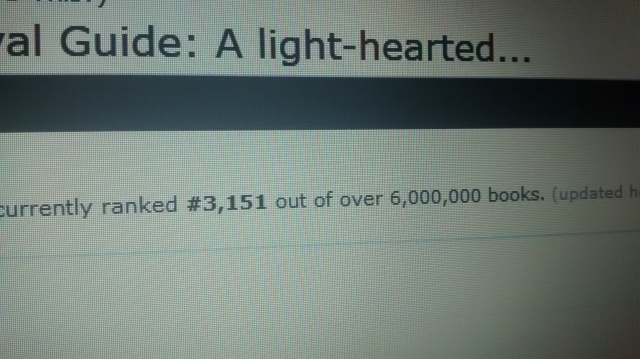 It’s a little easy to get carried away with the numbers. In this age of instant results, I am starting to get a little too addicted to updating and refreshing. How many have visited my blog? How many have liked on Facebook? How many have bought now? What’s my latest author rankings?….
It’s a little easy to get carried away with the numbers. In this age of instant results, I am starting to get a little too addicted to updating and refreshing. How many have visited my blog? How many have liked on Facebook? How many have bought now? What’s my latest author rankings?….
I am sure I will get bored of it eventually (after all, I do have other work to do, plus the marketing doesn’t really stop – I need to get back to writing more articles and posts). But in the middle of it something did happen that made me stop and think. I recieved an email from someone who just said: “From a struggling expat, thank you!”. And I realised this is what it’s all about. It’s not about shares or likes or sales or numbers. It’s about helping people. This book isn’t ever going to make me a millionaire (or even a thousand-aire) but that isn’t why I wrote it. I wrote it to help others going through what I went through, to support them and to hopefully make them feel just a little bit better.
If I can help just one expat partner/trailing spouse/accompanyng partner – call it what you will; if I can make just one person feel better then I have met my goal.
Having said that, I would still like you to buy the book 
And because otherwise this would be a very boring post, here is a nice picture to cheer it up:
Can anyone guess where my mind is wandering to at the moment?
And that’s it folks – the end of the photo101 course. It’s been fun, I feel like I have learnt (quite) a lot and met some great new bloggers. I hope to continue exploring photography – but for now, I’m off to have a coffee!
